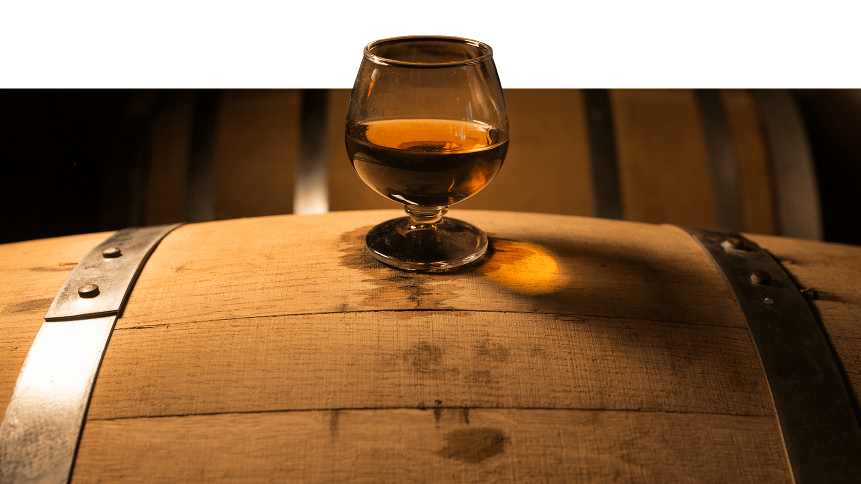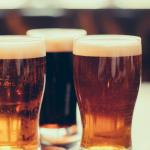Now even whiskey is being made with AI

Powerful artificial intelligence (AI) programs give us the ability to feed in vast data sets and have predictive insights returned to us in a comparative blink of an eye.
That power is more often associated with fields such as finance or even medicine, where algorithms could interpret medical data with the aim of developing new, or more optimal, treatments.
But, wherever there is a lot of data and some imagination, AI will find its place.
That statement is certainly the case for the Sweden-based Mackmyra, an internationally-acclaimed distillery which has turned to the technology to create the world’s first whiskey developed by AI.
The tie-up with Microsoft is in no small part surprising because the whiskey-making craft is one that goes back hundreds of years. It’s an industry synonymous with tradition, human-expertise, and craftsmanship.
But it’s also one that takes time; a whiskey develops most of its unique, depth of flavor not from ingredients, but from the charred wooden casks it is stored in.
Over the course of at least three years, whiskey develops aroma and color from these casks, which includes the flavors left by the container’s previous contents, which could be bourbon, sherry, wine, port or other spirits.
“From these casks, we can generate hundreds of thousands of different whiskies,” states Angela D’Orazio, Master Blender at Mackmyra.
Add to that blends— whereby two or more different types of whiskey are mixed in the process— and there are near-infinite flavor combinations.
As such, it can take a lifetime to develop the best flavors: “It’s much more complex than models used to create beer, due to the sheer number of combinations available, and the fact that whiskey recipe generation is more art than engineering,” says D’Orazio.
Together with Finnish tech company Fourkind, Mackmyra feeds machine learning models— powered by Microsoft’s Azure cloud platform and Azure cognitive services— with datasets. These include existing and award-winning blends, sales data and customer preferences.
As a result, the AI can generate more than 70 million recipes based on predicted popularity and what kind of cask types there are in the warehouse.
This can be carried out leagues faster than a human would be able to determine the same information, but it also means new flavor combinations could be discovered that would have otherwise been overlooked.
That’s not to say the industry is at any risk of an AI takeover, though. D’Orazio explains that while the whiskey recipe is created by AI, the human craftsmanship, knowledge, and expertise will always remain integral to the whiskey-making process.
Of course, whiskey— and creating variations of any recipe based on available datasets— is just one-way businesses could deploy similar AI.
“This AI-generation can have an impact in different industries globally,” says Jarno Kartela, Machine Learning Partner at Fourkind, the company behind the AI algorithm.
“I envision AI systems generating recipes for sweets, perfumes, beverages, and maybe even sneaker designs. Many of these have already been attempted, but large-scale adoption is still lagging behind.”
Kartela adds that the AI-led approach could be used to generate products that retain the “spirit, look and feel of the brands behind them, while at the same time being new and unique.”










